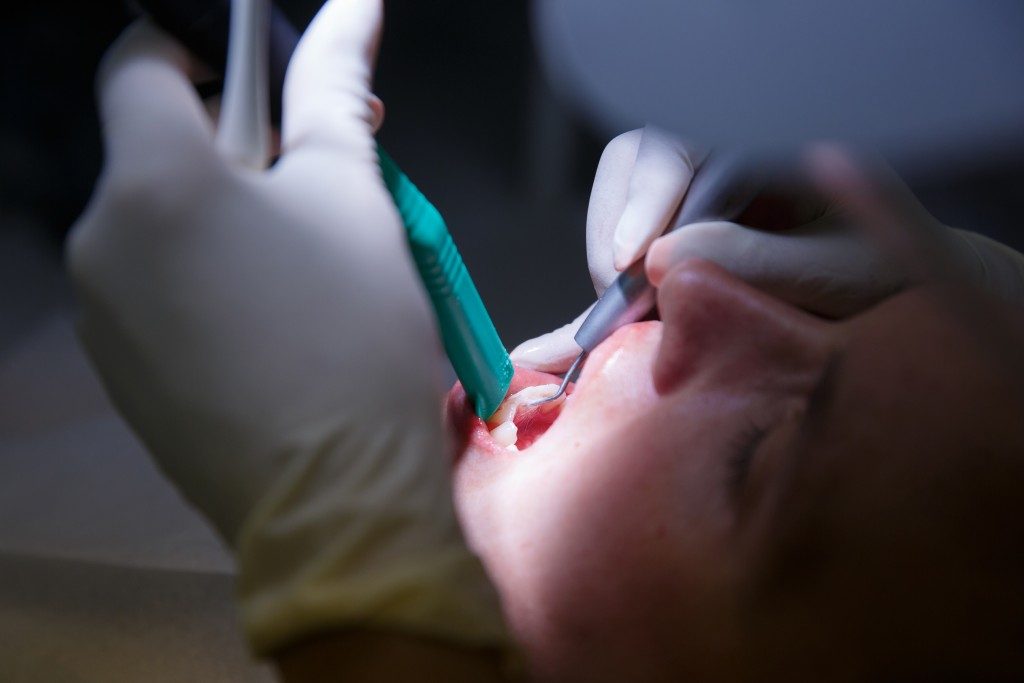
It’s only standard for kids to crave for sweet treats. But there are times when eating excessive amounts can cause your kid to develop gum disease.
Gum disease can affect anyone, no matter what age they may be. Teens, as well as the young children, can be at risk for gum disease if left untreated. But how does a child develop gum disease?
Understanding gum disease in children
Bacteria and food debris cause a person to develop gum disease. It starts with plaque. But as it hardens, tartar will soon begin to form and affect the gums. Once that happens, the gums will begin to get swollen and turn red.
Leaving it, untreated will only make matters worse. An infected gum can cause the teeth to loosen up because of the soft bone and tissue underneath their teeth. Although it’s uncommon for children to develop a severe form of gum disease, it’s common for them to get gingivitis.
Primary symptoms of gingivitis
The symptoms of periodontal disease can vary, depending on its severity. But a few of the most common signs are red and swollen gums. They also bleed whenever they brush or floss their teeth.
Some kids also experience separating teeth that have more significant gaps compared to usual pacing. They also tend to have bad breath that doesn’t go away. Their bite also changes as well as their jaw alignment.
How a dentist diagnoses periodontal disease in a kid
If your child has a healthcare provider, they will likely refer your child to a general dentist in Scottsdale. He will then evaluate your child’s oral health and see if there are any signs of periodontal disease. Your child’s dentist will also check your child’s dental history and examine his teeth and gums. There are also times when he may need to get a few X-rays.
If the dentist finds out that your child has gingivitis, he will refer him to a periodontist. It’s a dental specialist that treats periodontal disease.

Treating a child with periodontal disease
The periodontist will base the entire treatment on your child’s age, symptoms, severity, and overall health.
Having an early prognosis is crucial, especially when it comes to preventing it from getting worse. Leaving it unattended can cause the bone around your child’s teeth to get dissolved. Thus, affecting the placement of his teeth.
One way to keep the bacteria at bay is by teaching your child how to practice good dental care. Brushing one’s teeth is helpful. But going to the dentist to have regular cleanings is even better. Doing so can help you fight off any plaque that might cause your child to develop gum disease.
Deep cleaning, as well as medicine, can also help. Deep cleaning can help remove the plaque and tartar under the gum while antibiotic medication can help treat the periodontal pockets.
Gum disease is a severe condition that can damage a child’s gums and supporting bones. So, if you see any signs of gum disease in your child’s oral cavities, then it’s best to visit a dentist immediately.

